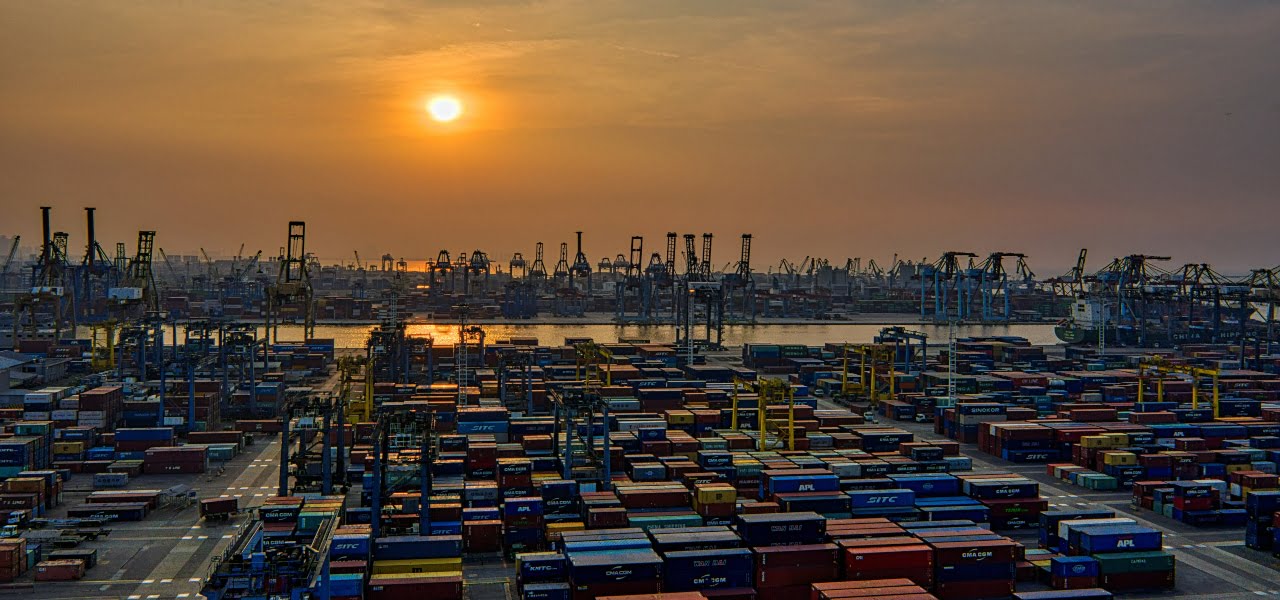Amid supply chain issues that are clogging up logistics and increasing consumer prices, retailers are panic ordering to secure stock, hence making matters worse, industry sources have said. From floods, power outages, and Covid restrictions, companies are stretching the supply chain thin ahead of the holiday shopping season.
Q3 2021 hedge fund letters, conferences and more
Supply Chain Issues
Jonathan Savoir, CEO of supply chain technology firm Quincus went on to CNBC’s “Squawk Box Asia” and said: “Suddenly, retailers and manufacturers are overordering because of these supply chain issues, and that’s just leading to essentially an even worse scenario.”
Ports around the world are still facing container shortages and sluggish logistics to the point of shutdown. The issue could not have arrived at a more critical time as the holiday shopping season looms ahead.
“The energy crises in mainland China and Europe are the latest to roil the shipping industry,” CNBC reports, as factories in both regions have faced power cuts and operational closures, while Europe, in particular, is struggling to keep up with the demand of natural gas.
Savoir says that retailers’ panic ordering is clogging up logistics and reducing shipping capacity, leading to what he calls a “bullwhip effect” –a term to describe how minimal demand surges in retail can gradually generate a greater impact on wholesalers.
“The end result of this effect could include distorted demand forecasts and unfulfilled orders,” which paints a gloomy picture ahead.
“Unequivocally Worse”
According to a note by RBC Wealth Management from last week, “Because the problems are well known, orders for raw materials, component parts, and finished goods are now being placed earlier than normal, which is lengthening the queue, creating a vicious cycle.”
Lower stock and high consumer prices are expected to blemish the holiday season, while inflation is also a key factor already included in the outlook by industry experts and companies.
RBC Wealth Management wrote in the note that “The bottlenecks are unlikely to disappear overnight,” and the supply chain issues are bound to spread across the globe. Last week, the International Monetary Fund reduced its global growth forecast, claiming that disruptions in developed economies will play a major role.
According to an RBC Elements study in September –the data analytics division of RBC Wealth Management– “77% of the major ports it monitored were experiencing ‘abnormally long’ turnaround times, and that this overall global supply chain problem was trending ‘unequivocally worse’.”













